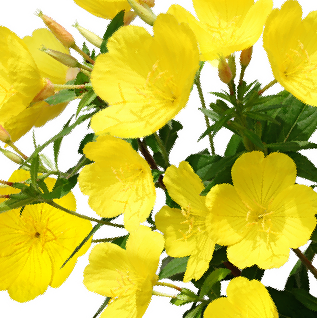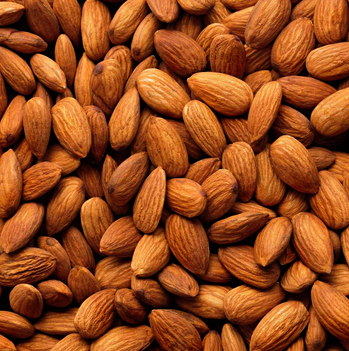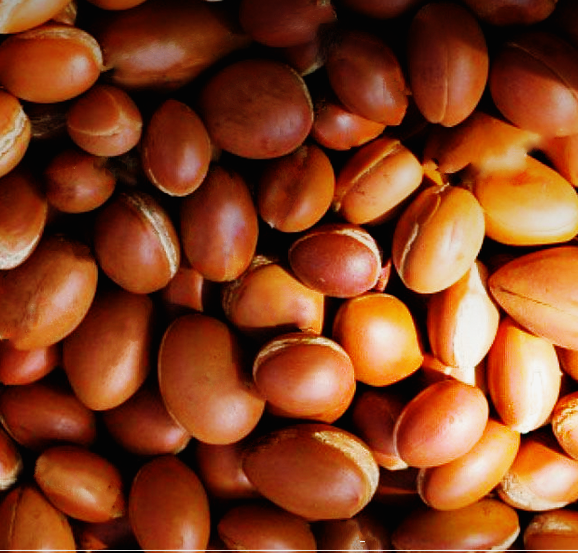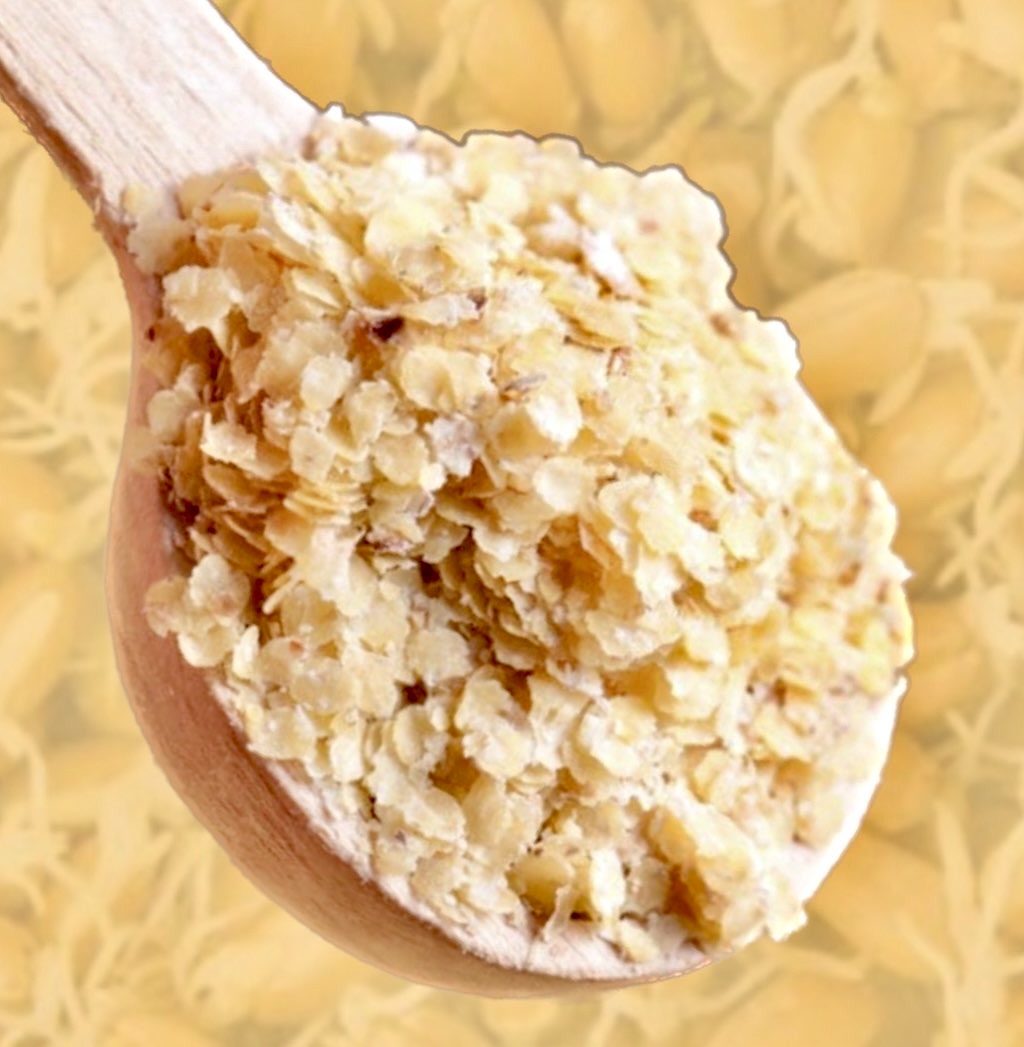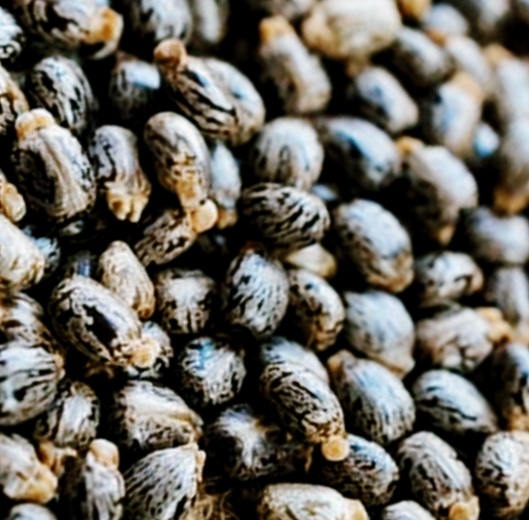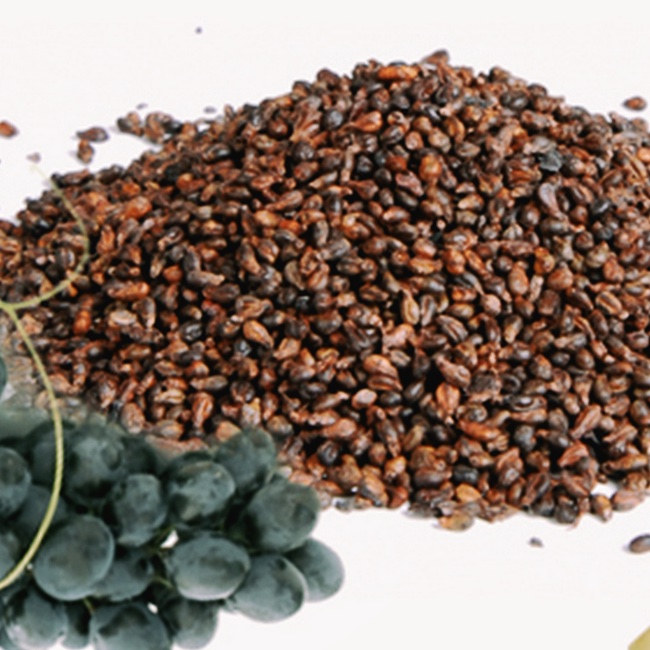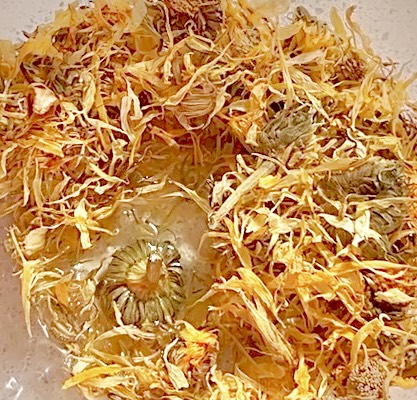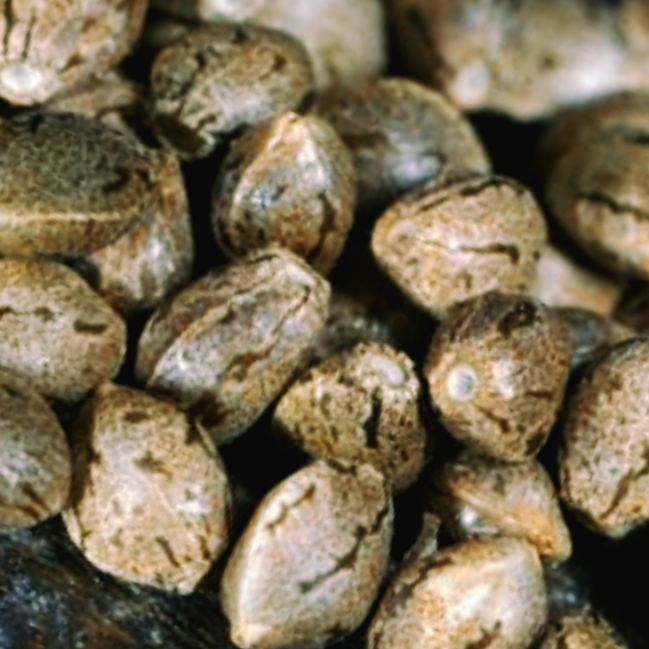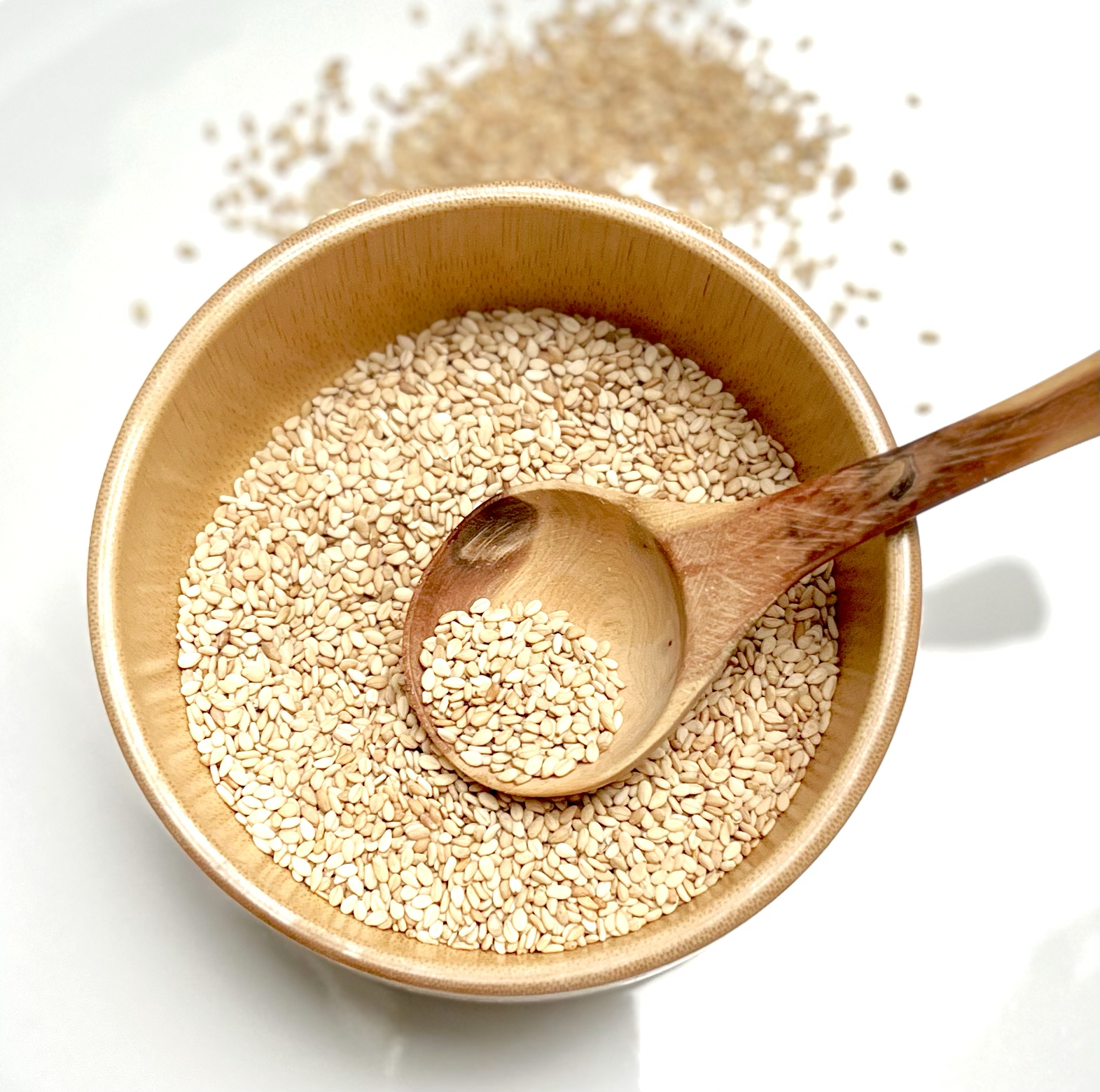(Macadamia ternifolia)
Macadamia seed oil is a versatile and nourishing oil derived from the nuts of the macadamia tree (Macadamia integrifolia). It is highly valued for its culinary, cosmetic, and therapeutic properties. Here are some key aspects of macadamia seed oil:
- Cosmetic and Skincare Benefits:
- Macadamia seed oil is a popular ingredient in skincare and cosmetic products due to its emollient and moisturizing properties.
- It is easily absorbed by the skin, making it suitable for various skin types, including dry, sensitive, and mature skin.
- The oil can help improve skin elasticity, reduce the appearance of fine lines and wrinkles, and promote a healthy complexion. Excellent for stretchmarks, scars and weathered skin.
- Hair Care:
- Macadamia seed oil is used in hair care products, such as shampoos, conditioners, and hair treatments, to nourish and hydrate hair.
- It can help reduce frizz, improve manageability, and add shine to hair.
- Anti-Inflammatory Properties:
- Some studies suggest that macadamia seed oil may have anti-inflammatory properties, making it potentially beneficial for soothing irritated or inflamed skin.
- Antioxidant Content:
- The oil contains antioxidants like tocopherols (vitamin E), which can help protect the skin from free radical damage.
- Massage Oil:
- Macadamia seed oil is often used as a carrier oil in aromatherapy and massage due to its smooth texture and neutral scent.
- Nutritional Profile:
- Macadamia seed oil is rich in monounsaturated fatty acids, primarily oleic acid, which is also found in olive oil. These healthy fats can contribute to heart health by reducing LDL cholesterol levels.
- It is low in saturated fats and contains no cholesterol, making it a healthy choice for cooking and salad dressings.
- Culinary Uses:
- Macadamia seed oil has a mild, buttery, and slightly nutty flavor. It is often used in culinary applications, such as sautéing, roasting, baking, and salad dressings.
- Its high smoke point (around 410°F or 210°C) makes it suitable for high-heat cooking methods.
Macadamia seed oil is a versatile and beneficial oil with applications in both the kitchen and the beauty industry. Whether you use it for cooking, skincare, or hair care, it offers numerous potential benefits, primarily due to its rich fatty acid profile and moisturizing properties.
